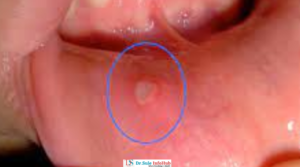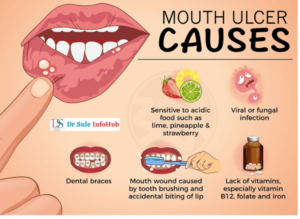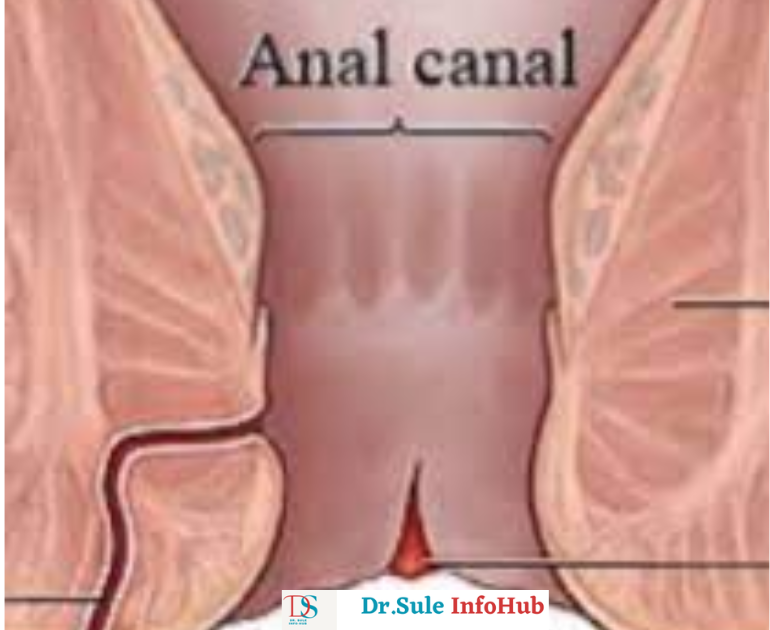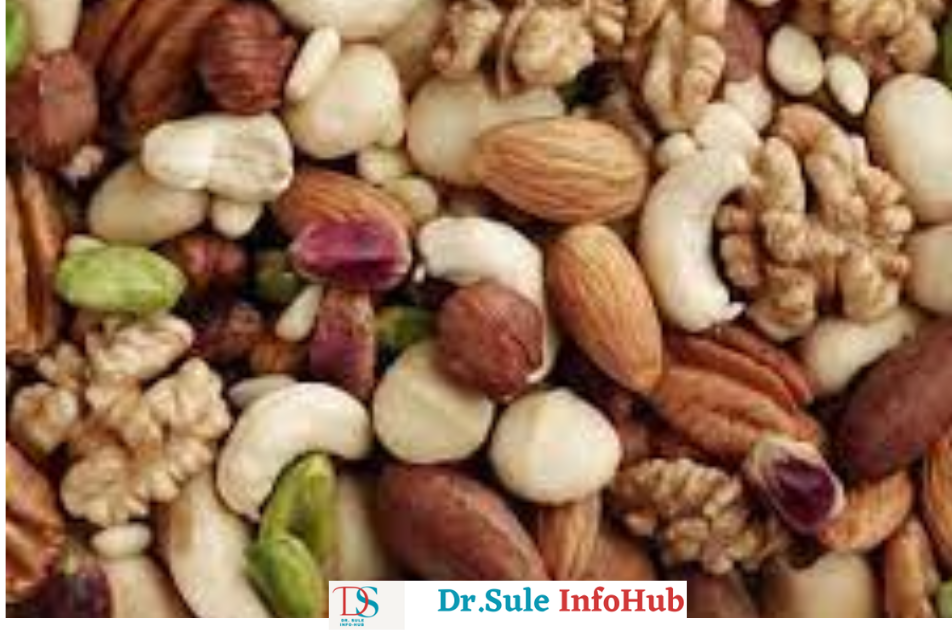Before we see 13 effective home remedies for mouth ulcers we will see what mouth ulcer is. Mouth ulcers, also known as oral ulcers or canker sores, Aphthous Ulcers are a common and often uncomfortable oral health issue that affects millions of people worldwide. While they are usually harmless and tend to heal on their own, understanding their causes, recognizing the symptoms, and knowing how to manage them can make dealing with mouth ulcers a less painful experience. In this comprehensive guide, we will delve into the causes, symptoms, and various treatment options for mouth ulcers.

What Are Mouth Ulcers?
Mouth ulcers are small, painful sores that can develop inside the mouth on the inner cheeks, lips, tongue, or gums. They can range in size from a few millimeters to more significant, more painful ulcers. These sores can make everyday activities like eating, drinking, and even speaking uncomfortable.
Common Causes of Mouth Ulcers
- Trauma or Injury: Accidental bites, dental braces, or sharp edges of dental appliances can cause trauma to the delicate tissues inside the mouth, leading to ulcers.
- Nutritional Deficiencies: A lack of essential nutrients, especially vitamin B complex like Vit B12, Vit B6, iron, and folic acid, can increase the risk of developing mouth ulcers.
- Hormonal Changes: Changes in levels of hormones causes mouth ulcer.
- Immune System Dysfunction: Conditions that weaken the immune system, like HIV/AIDS, can make one more susceptible to mouth ulcers.
- Medical Conditions: Certain medical conditions, including celiac disease, Crohn’s disease, Candidiasis, and Behcet’s syndrome, are associated with a higher likelihood of mouth ulcer development.
- Stress and Anxiety: Psychological stress and anxiety can trigger or worsen mouth ulcers in some individuals.

Symptoms of Mouth Ulcers
The symptoms of the ulcers can vary, but common indicators include:
- Pain or discomfort: Mouth ulcers can be painful, making it uncomfortable to eat, drink, or speak.
- Round or oval shape: They typically have a round or oval shape with a white or yellowish center and a red border.
- Burning or tingling sensation: Some people experience a burning or tingling sensation before the ulcer appears.
- Swelling: The area around the ulcer may become slightly swollen.
- Difficulty in chewing or swallowing: In severe cases, mouth ulcers can interfere with chewing and swallowing.
- Koplik spot– It is a measles and rubella virus infection which is a white spot inside the buccal mucosa.
Treatment Options for Mouth Ulcers
While most oral ulcers will heal on their own within 1 to 2 weeks, there are several treatments and home remedies that can help alleviate discomfort and promote faster healing:
Hydration– Drink a lot of water and stay hydrated. You can take high water containing fruits or juices. like watermelon juice, cucumber juice, grapes juice.
Topical Treatments: Over-the-counter gels, creams, and ointments containing ingredients like benzocaine or hydrogen peroxide can provide pain relief and aid in healing.
Vitamins Supplements- Vitamin B complex, folic acid, and iron tab plays a vital role in recovering ulcers.
Eat fruits– Fruits pomegranate, and papaya are good for ulcers. You can take juice also.
Prescription Medications: For severe or persistent ulcers, your healthcare provider may prescribe topical steroids or oral medications. If painful lesions form you can take a paracetamol tab.
Pain Relief: Over-the-counter pain relievers like ibuprofen or acetaminophen can reduce pain and inflammation.
Managing Underlying Conditions: If an underlying medical condition is contributing to the ulcers, managing that condition is essential.
Lifestyle Adjustments: Reducing stress, avoiding spicy or acidic foods, and practicing good oral hygiene can help prevent recurrent ulcers.
When to Seek Medical Attention
While most ulcers are harmless and resolve on their own, you should consult a healthcare professional if:
-The ulcer lasts for more than two weeks.
-You experience recurrent ulcers.
-The ulcers are unusually large or painful.
-You have difficulty eating or drinking due to the ulcers.
-If you feel high-grade fever.
In such cases, your healthcare provider can perform a thorough evaluation and recommend appropriate treatment.
13 Home Remedies for Mouth Ulcer
Saltwater Gurgle – Take lukewarm water add a pinch of salt to it and gurgle 2-3 times a day. This lukewarm water cleans the mouth, reduces inflammation, and promotes healing ulcers.
Swishing of Coconut oil –
Coconut oil has antibacterial and anti-inflammatory properties so swishing Coconut oil will be helpful.
Honey application – Doing the application of honey directly on ulcers soothes sores and promotes healing ulcers.
Aloe vera gel Application –
Alovera has anti-inflammatory and cooling effects and also it speeds up the healing process.
Gurgling with Apple cider vinegar
Doing gurgling with Apple cider vinegar and water helps to recover from mouth sores.
Garlic- Garlic is an excellent natural remedy to recover from cancer sores. Garlic contains a compound called Allicin which is effective for reducing pain and recovery ulcers.
Baking soda – Make a paste of Baking soda with water apply locally leave it for 3-5 minutes and then wash it with water. It will neutralize acid in the mouth.
Milk of magnesia- It will neutralize acid in the mouth and also act like a laxative. It will coat on ulcer and reduce irritation and pain. The application of milk of magnesia locally is also helpful.
Turmeric powder- The application of the paste of turmeric powder with water twice daily on aphthous ulcer gives good results.
Clove Oil- Clove oil is one of the most effective home remedies for aphthous ulcers.
Yogurt– Yoghurt contains probiotic beneficial bacteria that improve oral and intestinal health. it may aid in treating aphthous ulcers.
Alum powder – Apply the paste of alum powder with a few drops of water on the lesions. After a few minutes clean the mouth. Alum helps to shrink oral tissues and is used as an astringent.
Orange juice– Take 1-2 glasses of fresh orange juice per day. Orange contains vitamin C which helps in the prevention of forming cancer sores.
Hydrogen peroxide- Use 3% Hydrogen peroxide with an equal part of water. Apply it on cancer sores with a cotton swab.
Conclusion
Mouth ulcers are a common oral health issue that can cause discomfort but are usually not a cause for significant concern. Understanding the causes, recognizing the symptoms, and knowing how to manage them can go a long way in easing the discomfort associated with mouth ulcers. If you experience persistent or severe ulcers, it’s essential to seek professional advice for proper diagnosis and treatment. By following good oral hygiene practices and making necessary lifestyle adjustments, you can reduce the frequency and severity of mouth ulcers, promoting better oral health and overall well-being.
FAQ’S
Q. How do I heal an ulcer in my mouth?
A. You can apply oral gels and do a saltwater gurgle. also apply the above home remedies.
Q. Are mouth ulcers harmful?
A. Mouth ulcers are usually harmless.
Q. What foods cause mouth ulcers?
A. Spicy food and alcohol may cause mouth ulcers.
Q. Can lack of sleep cause mouth ulcers?
A. Yes. Lack of sleep can cause mouth ulcers.



Simply wish to say your article is as amazing The clearness in your post is just nice and i could assume youre an expert on this subject Well with your permission let me to grab your feed to keep updated with forthcoming post Thanks a million and please carry on the gratifying work